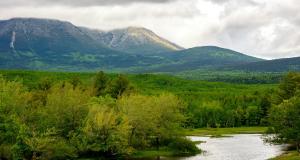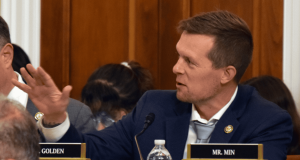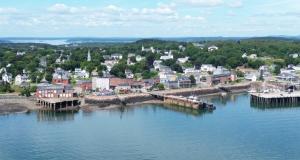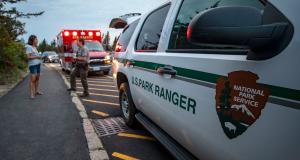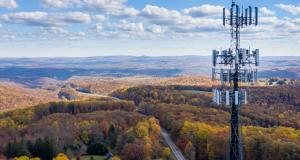Infrastructure
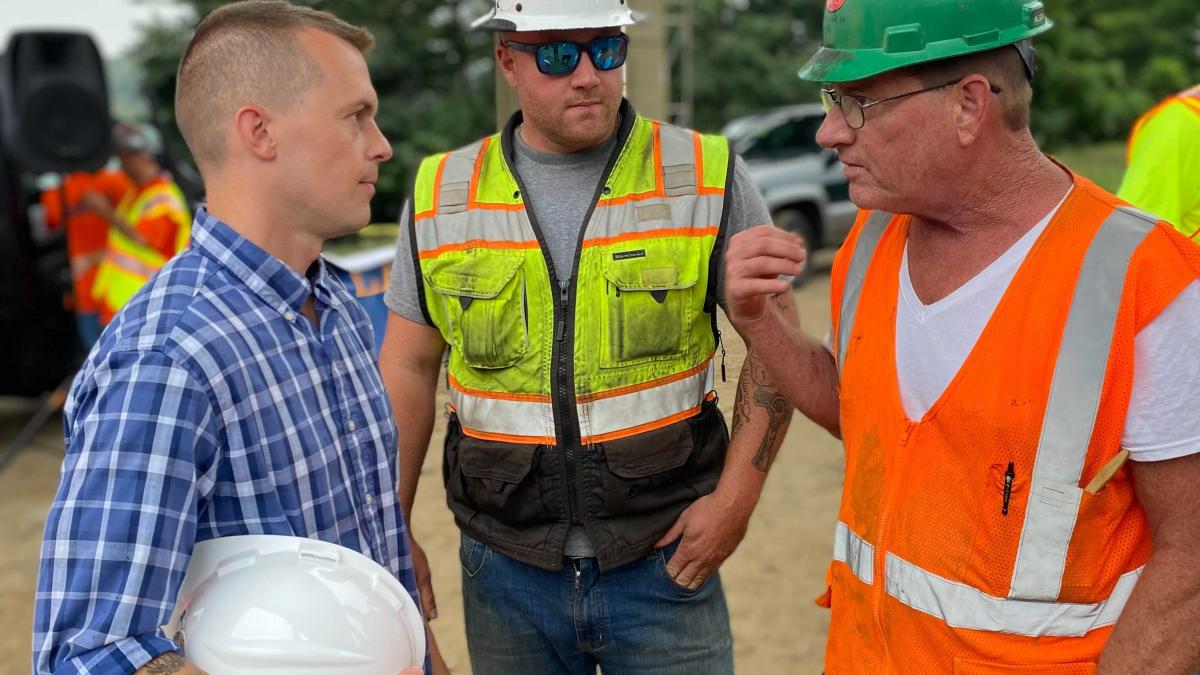
When Jared asks small business owners, town managers, and other Mainers working to create jobs and develop our state’s economy about their most pressing needs, rebuilding Maine’s infrastructure is almost always high on the list. Investing in infrastructure creates jobs, boosts local economies, and helps our rural communities thrive.
As one of the most rural states in the country, we know better than most the impact that deteriorating roads, rail, and other infrastructure have on our daily lives. For many Mainers, it means thousands of dollars in car repairs and lost wages thanks to delays or closures. For businesses large and small, it means higher costs, late shipments, and other issues that put them at a competitive disadvantage.
In an increasingly dysfunctional and partisan Washington, improving America’s infrastructure is one of the few issues that both Republicans and Democrats claim is a priority. Last year, Jared pushed for both parties to back up their words with actions and worked across the aisle on a strong infrastructure bill that finally makes the investment we need in roads, bridges, and rail. The Bipartisan Infrastructure Law, which was signed into law in November of 2021, is a once-in-a-generation investment in jobs and better roads, bridges, broadband, replacing lead pipes, and much more. This legislation is estimated to bring $2.5 billion in funding to Maine and create hundreds of additional competitive grant opportunities for the state. The tangible effects of this legislation are beginning to be realized, as Jared has helped secure millions of dollars for essential projects throughout our district. This includes funding for local airports and upgrading essential infrastructure including aging wastewater facilities.
Jared understands that broadband internet access is one of the most significant infrastructure challenges holding back many rural communities and small businesses. He’s made expanding rural broadband a priority, recently announcing $30 million to expand broadband services across rural Maine.
